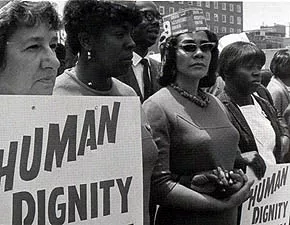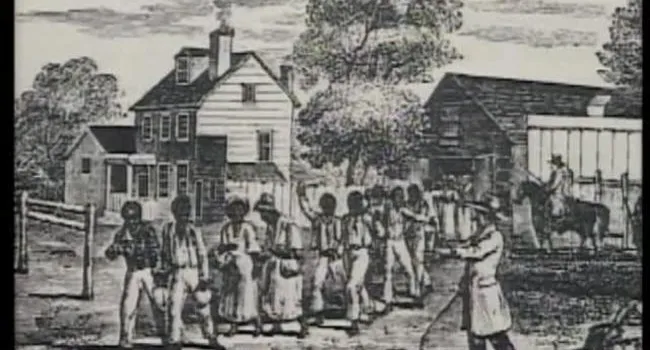
Photo
The town of Camden was one of the first official settlements to be laid out in the interior of South Carolina in the 1730s. Settlers flooded into the backcountry during the quarter century of peace...
Black History Month is celebrated every February to honor the achievements of African Americans who have shaped American history. Historian Carter G. Woodson hoped to raise awareness of African American's contributions to civilization by establishing Negro History Week. The event was first celebrated during a week in February 1926 that included both Abraham Lincoln and Frederick Douglass' birthdays. The week was later expanded to a month in 1976 during the United States bicentennial.
PHOTO: On March 20, 1969, Black hospital workers at the Medical College of South Carolina in Charleston went on strike to protest the firing of twelve employees and to call for higher wages and union recognition.

Photo
The town of Camden was one of the first official settlements to be laid out in the interior of South Carolina in the 1730s. Settlers flooded into the backcountry during the quarter century of peace...
Video
Plantation owners demanded more than just obedience from their slaves. They also demanded things like loyalty, respect, love, and duty. Whippings, and solitary confinement, were common punishments for...
Video
The "Slave Task System" was a widely adopted system in which each worker would have a set of tasks to complete on a daily basis.
Video
The Allstons, and the Manigaults, were prominent and wealthy plantation owners back in the 1800s.
Video
By 1800, Georgetown was known as the land where planters all made fortunes with rice plantations. In 1839, Georgetown alone produced nearly half of America's Rice.
Video
Planters made the transition from swamp based rice-growing, to using tidal irrigation. With tidal irrigation, planters used a series of dikes and dams to control the flow of water into rice fields.
Video
Several dangers to rice crops included hurricanes, floods from the mountains, and swollen rivers. Damage ranged from minor, to total devastation. Animals, such as rice weevils, crows, and ducks, also...
Video
From May until November, white plantation owners moved further in-land, in order to escape the "country fever" diseases, such as Malaria and Cholera. Those two diseases took a heavy toll on the human...
Video
"Carolina Gold" was considered the favored variety of rice. This clip describes how the colonial economy boomed as a result of rice.
Video
Before the American Revolution, the 300 mile coast line of South Carolina was known as the "Kingdom of Rice." Charleston was considered the richest city in Colonial America.